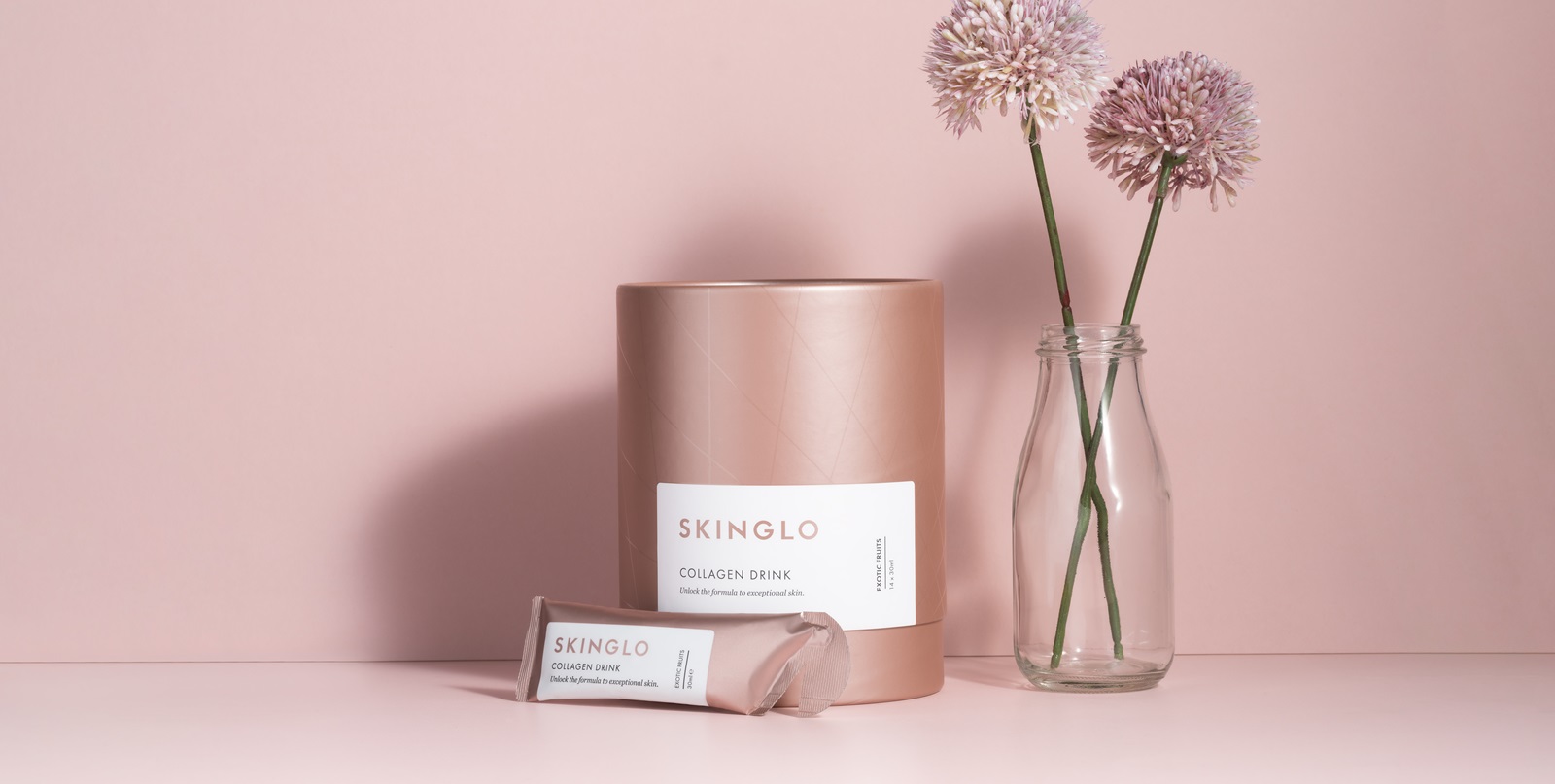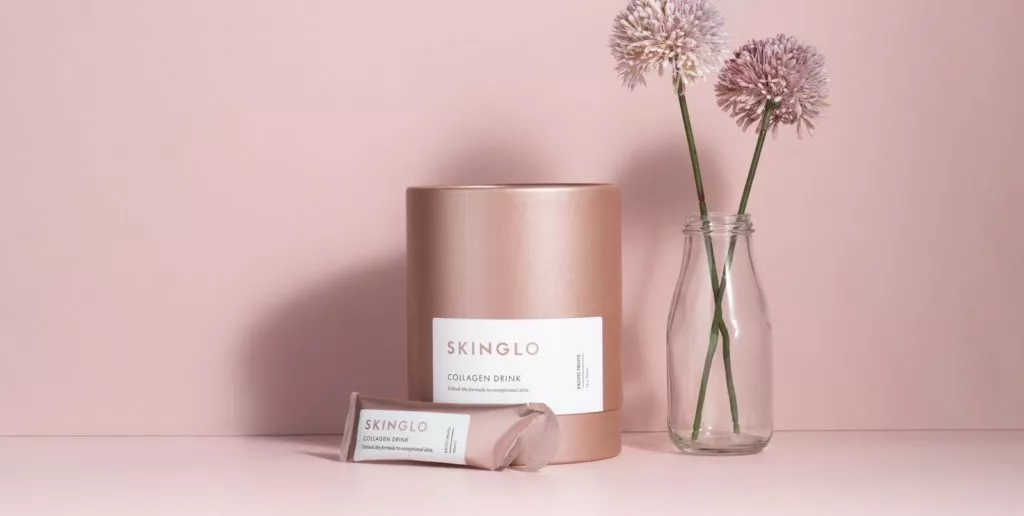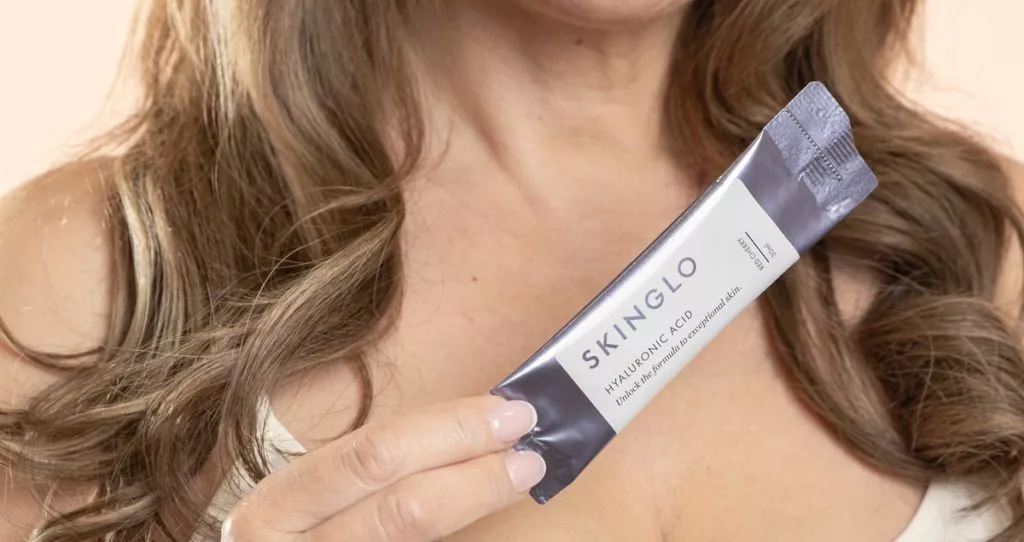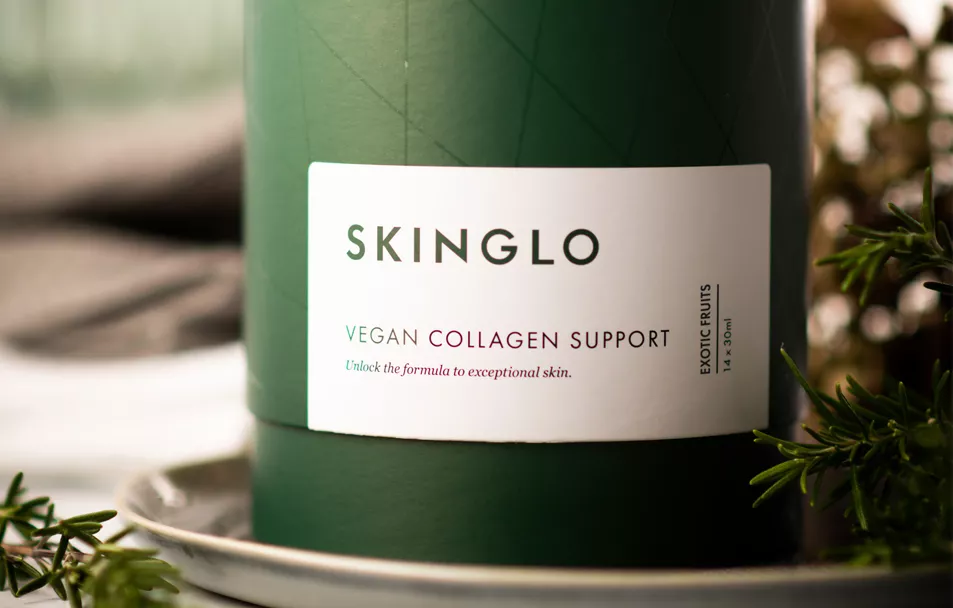While an abundance of news stories and TV programmes have put the topic of menopause firmly on the agenda in recent times, there’s also an array of advice and solutions to help women manage their symptoms.
From hormone replacement therapies to advice about diet, lifestyle, alternative techniques and therapies, the choice of which route to take can sometimes seem overwhelming.
But there is widespread agreement over the importance of collagen in benefitting all our bodies as we age, as well the effectiveness of taking collagen supplements to help with the symptoms of menopause. Let’s find out more…
What are the stages of menopause?
There are three basic stages:
- Perimenopause: Common around the late 40s, when the menstrual cycle becomes irregular but hasn’t yet stopped – symptoms can include hot flushes
- Menopause: The final menstrual period occurs when the ovaries stop releasing eggs and stop making the hormone oestrogen. Symptoms can include sleep problems, mood changes and problems with concentration
- Postmenopause: This is generally a year after the final period and you’ll be in this stage for the rest of your life, with collagen levels declining

What happens to collagen during the menopause?
As oestrogen levels start to reduce during the menopause, so does the production of collagen, a protein that exists naturally in the body and is essential for bone and joint health, healthy-looking skin and hair and nail growth.
As a result, many women see a lack of suppleness in their joints, a longer recovery after exercise, changes to the firmness of their skin and the condition of their hair. Studies show that women’s skin loses about 30% of its collagen during the first five years of menopause.
How to increase collagen after menopause
Increasing collagen levels can be a huge benefit to those who have noticed their skin becoming dehydrated or sagging as a result of menopause, coupled with more wrinkles, fine lines, brittle nails or weak and potentially thinning hair.
But while these are all natural signs of the body getting older, help is at hand to help minimise the effects or slow down the process. Building up your body’s levels of collagen is a great way to boost your health and wellbeing and give you back your glowing complexion.
Collagen is found in food but it can be difficult to eat the levels needed to make a difference. However, using a daily collagen supplement can help to hydrate your skin, tackle wrinkles and build stronger and healthier nails and hair.
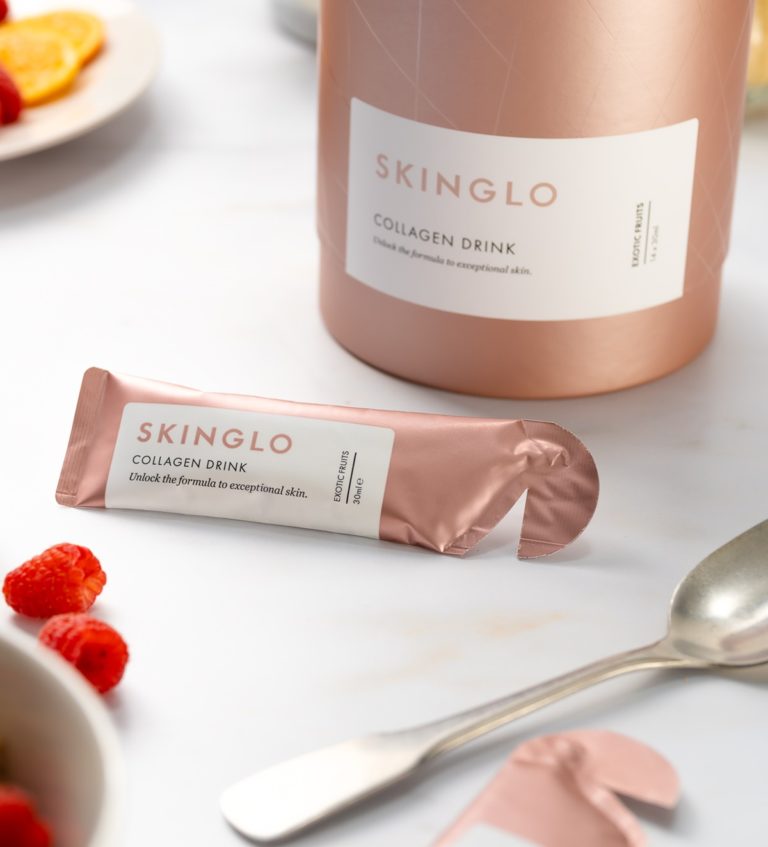
Best collagen supplements for menopause
Menopause can also lead to a loss of bone density – increasing the risk of osteoporosis – which is where collagen can help by strengthening bones and replacing cartilage.
The best collagen supplements for menopause are those that keep all the important vitamins and minerals intact while they quickly get to work.
SKINGLO’s collagen supplements
Our SKINGLO supplements contain hydrolysed collagen, which is easier to digest and absorb into the body. They also feature our pioneering NutriProtect technology to protect those essential nutrients as they enter the bloodstream.
Our single sachets of SKINGLO collagen are easy to take too. Try our exotic fruits-flavoured marine-based Rose Gold collagen drink or the exotics fruit flavoured Vegan Collagen Support formula.
Introducing a collagen supplement into your daily routine will be a huge benefit when it comes to supporting your body through the symptoms associated with menopause, helping you reap the rewards of improved and hydrated skin, healthier hair and nails and increased bone strength.
Find out more secrets with SKINGLO #skinglocollagen
